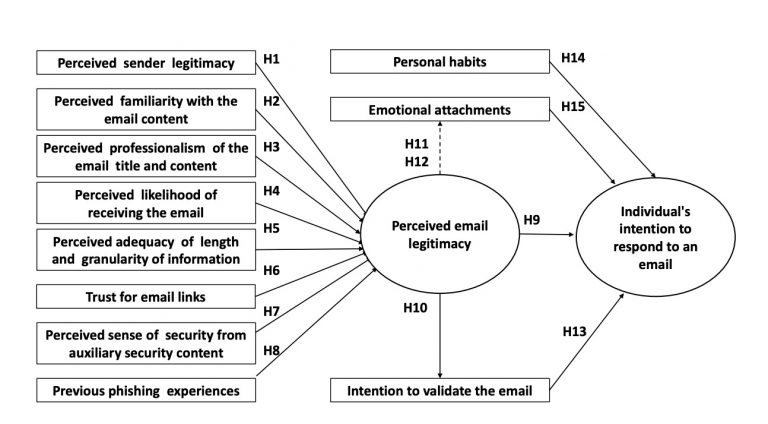New frontiers at LIFT09
Melanie Rieback discussed the evolution of security with regards to RFIDs. Creating the future is also a matter of methodology, Clive van Heerden from Philips Design showed how they employ past technological failures to develop disruptive futures. And finally, Vinton Cerf showed us his perspective about the Internet of the future
Note: this post contains embedded video which might now not show up in your rss feed.
Melanie Rieback
Dr. Melanie Rieback (website) is an Assistant Professor of Computer Science at the Vrije Universiteit in Amsterdam, in the group of Prof. Andrew Tanenbaum. Melanie’s research concerns the security and privacy of Radio Frequency Identification (RFID) technology, and she leads multidisciplinary research teams on RFID security (RFID Malware) and RFID privacy management (RFID Guardian) projects. Her research has attracted worldwide media attention, appearing in the New York Times, Washington Post, Reuters, UPI, Computerworld, CNN, BBC, MSNBC, and many other print, broadcast, and online news outlets.
Melanie is a “white hat hacker”, which means that she breaks systems in order to show to other people how to fix them, with a specific focus on RFID systems.
RFID is a technology that uses radio waves to identify things and shows much of the promise of the internet of things.
Melanie sees RFID as the new or next low-end of computing, with many of the same problems of previous generations of low-end computing, including hacking attacks, phishing, and spamming, but now they will start happening in the physical domain.
One of the problems with these very low-end, weak computers is that they don’t have the capability of being able to protect themselves with standard security tools such as cryptography. Anyone with a compatible reading device can access your tags much of the time.
In the media there have been plenty of reports of RFID-enabled transportation passes and credit cards getting hacked.
Melanie was the very first person putting a hacking attack or a computer virus on an RFID tag.
Master students in the Netherlands were able to hack a 2 billion euro public transportation in an eight week project.
In fact, in order to influence politicians it is better not to talk to them (because they won’t listen), but to demonstrate the attacks directly.
That’s where the RFID Guardian comes in.
The RFID Guardian Project is a collaborative project focused upon providing security and privacy in RFID systems. It provides audits and it also operates as a firewall. It is a handheld mobile device for RFID privacy and security management.
The basic idea is that it is a software defined radio, i.e. a piece of hardware that is fully controlled by software and specifically optimised for hacking on RFID systems. The RFID Guardian project can spoof RFID tags (pretend that they are one or one hundred), selectively jam RFID tags according to a user-generated security policy, even replay RFID tag responses at a later time.
In short, these systems are broken and will be broken more and more. We therefore need an RFID security industry.
Clive van Heerden
Clive van Heerden is creative director of Philips ‘Design Probes‘ programme.
Philips Design Probes is a dedicated ‘far-future’ research initiative to track trends and developments that may ultimately evolve into mainstream issues that have a significant impact on business. Emerging developments in five main areas are tracked – politics, economics, environment, technology and culture.
The outcomes of this ‘far-future’ research are used to identify systemic shifts, with the aim of understanding ‘lifestyle’ post 2020. These shifts could affect business in years to come and that could lead to new areas in which to develop intellectual property.
The way that technology is presented to us is often offensive: we have to confirm to devices, rather than devices confirm to us
Technology is still so unbelievable unaccommodating of human incompetence.
“What we try to do in Philips Design is not to propose definite product propositions, but present design provocations and assess the reaction to them. We are specifically looking at crises, to understand people’s reactions and therefore better understand the future lifestyle in 2020/30.”
Some of the probes that Clive showed included and with each he explained the sometimes unexpected reactions of people:
– Off the Grid: Sustainable Habit 2020
– Skin probe dresses (video)
– Skintile: Electronic Sensing Jewelry
– Skin Tattoo (video)
– Food probes (press release | backgrounder)
Vinton Cerf
Vinton Gray “Vint” Cerf (born June 23,1943) is an American computer scientist who is the “person most often called ‘the father of the Internet’. His contributions have been recognized repeatedly, with honorary degrees and awards that include the National Medal of Technology, the Turing Award, and the Presidential Medal of Freedom. Cerf has worked for Google as its Vice President and Chief Internet Evangelist since September 2005. In this role he has become well known for his predictions on how technology will affect future society, encompassing such areas as artificial intelligence, environmentalism, the advent of IPV6 and the transformation of the television industry and its delivery model.
I am not writing my notes here on his talk, since it goes beyond the scope of this blog, but you can view it in its entirety online (above), or check out an interview (below).





Putting people first » New frontiers at LIFT09…
Melanie sees RFID as the new or next low-end of computing, with many of the same problems of previous generations of low-end computing, including hacking attacks, phishing, and spamming, but now they will start happening in the physical ……